Can anxiety cause anger? Yes it can! Fear and anger are linked in many ways, and this shows up when you are hit by anxiety and anxious thoughts. This connection might come as a surprise, but it’s true. This article is going to talk about the connection between fear and anxiety, what happens when anxiety turns to anger.
KEY POINTS
- Fear and anger are both threat-based emotions.
- Studies show activation in the amygdala during both fear and anger.
- Anxiety often shows up as irritability making it more difficult to catch.
I sat with a friend at a local fast-food stop. I had a lot on my mind. We talked. The waitress asked if we were talking to her, and I said, “No.” We kept talking. She said, “I like your dress.” “Thanks.” No eye contact. “Can I take that barbeque sauce from you?” “Yes!” I half shouted in a clearly irritated tone.
She looked shocked. I felt awful (and a bit shocked myself). She hadn’t done anything more than try to be friendly.
Related: When Depression Is a Symptom of Buried Anger: Here’s How To Heal It
Fear and Anger
We often think of fear and anger as separate emotions. When I think of fear, I envision a frightened puppy with his tail between his legs about to run away. Anger gives me more of a picture of a bear about the charge at someone standing near her young. There are different action urges.
Yet, fear and anger are in ways similar. These emotions trigger survival drives meant to protect us in case of a threat by activating a sympathetic system, gearing us up to fight off a threat or run away.
Fear and anger have shared neurophysiology. The amygdala, an almond-shaped brain region, shows increased activity in both fear and anger (Whalen et al., 2001). Survival emotions are physical.
The two emotions have quite a bit of potential to cross, particularly during times of stress. We might start off feeling angry and then turn to fear. More often, we switch from fear to anger.
Sleep deprivation that can accompany anxiety-provoking situations might make this particularly likely, as sleep deprivation is associated with hyperactivation of the amygdala (Yoo et al., 2007).

Anxiety and Irritability
Anxiety is usually experienced as a lighter shade of fear. Similarly, irritability is a less intense kind of anger. Clinical levels of irritability are common in anxiety disorders.
While fear and other stereotypical manifestations of anxiety often elicit empathy, irritability is off-putting to those around us. We can become angry with ourselves for our irritation, thus beginning a pile of painful emotions.
Because most people do not associate irritability with anxiety, many people are not aware that their irritation is anxiety.
Related: Anger And Irritability: The Lesser Known Symptoms Of Depression
What Can You Do?
In the short term, self-care through sleep, getting enough to eat, managing stress, and exercise are often enough to manage the anxiety-irritability connection. It can be tempting to beat ourselves up when feeling anxious and irritable.
Still, being kind to ourselves is a first step. When we can find spaces of comfort, we are likely to switch out of that sympathetic system-driven fight-or-flight mode and into our comfort system.
For those struggling with clinically significant anxiety manifesting as anger, psychotherapy can also help. Practices such as those taught in compassion-focused therapy can assist over time in building a greater sense of safety.
Cognitive behavioural therapy is another path, approaching the thought and behavioural aspects of anxiety by targeting habits of thought that feed anxiety like catastrophic thinking.
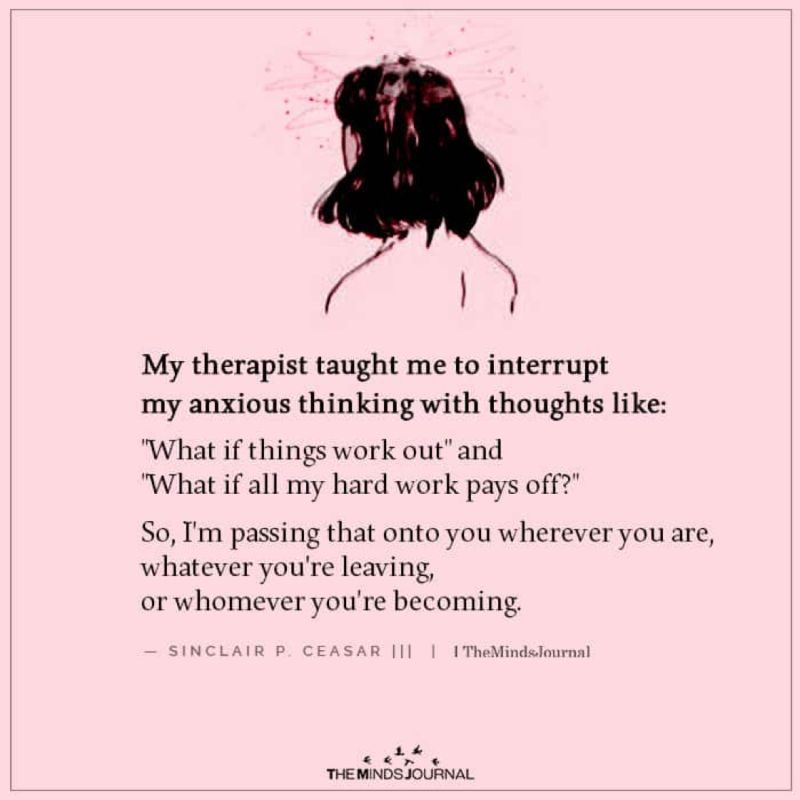
In Closing
Fear and anger are highly similar emotions. In the same way, anxiety often shows up as irritability. When this reaches problematic levels, psychotherapy and self-compassion can help.
References:
Whalen, P. J., Shin, L. M., McInerney, S. C., Fischer, H., Wright, C. I., & Rauch, S. L. (2001). A functional MRI study of human amygdala responses to facial expressions of fear versus anger. Emotion, 1(1), 70. Yoo S-S, Gujar N, Hu P, Jolesz FA, Walker MP (2007) The human emotional brain without sleep–a prefrontal amygdala disconnect. Curr Biol 17: R877–R878.
Written By Jennifer Gerlach
Originally Appeared On Psychology Today



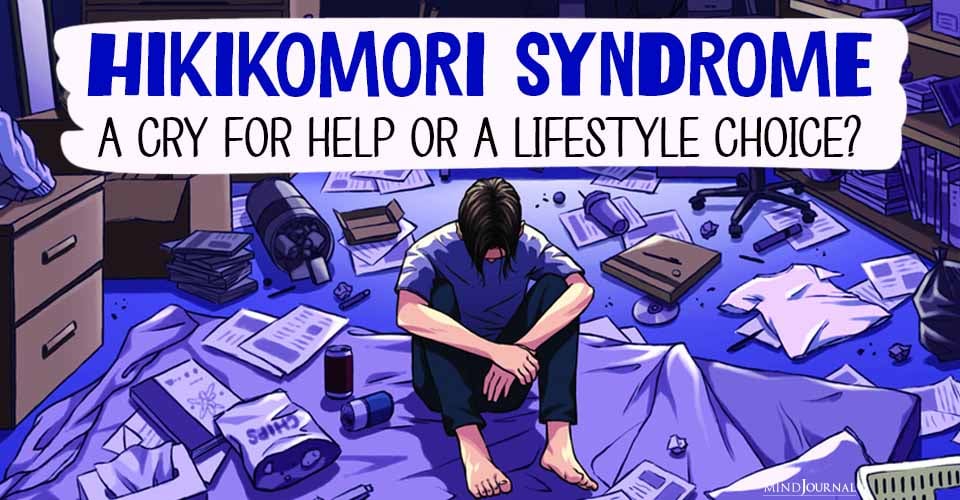
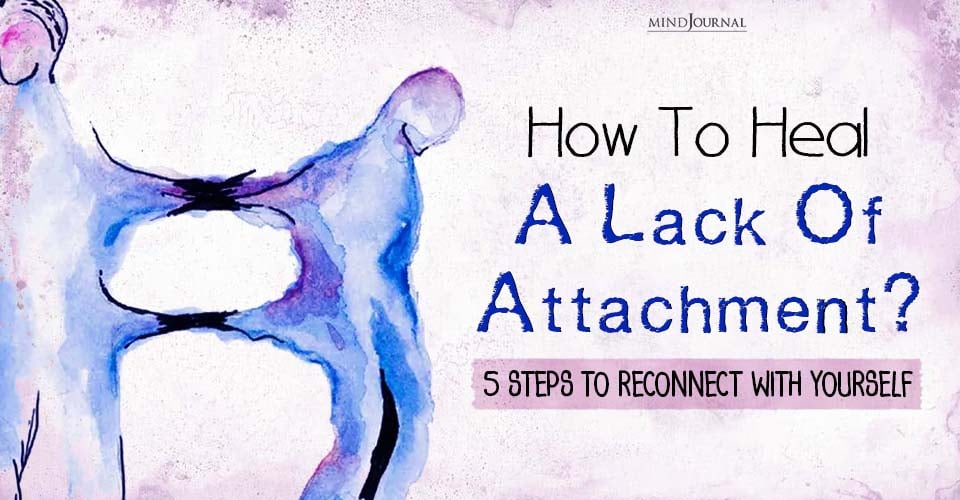
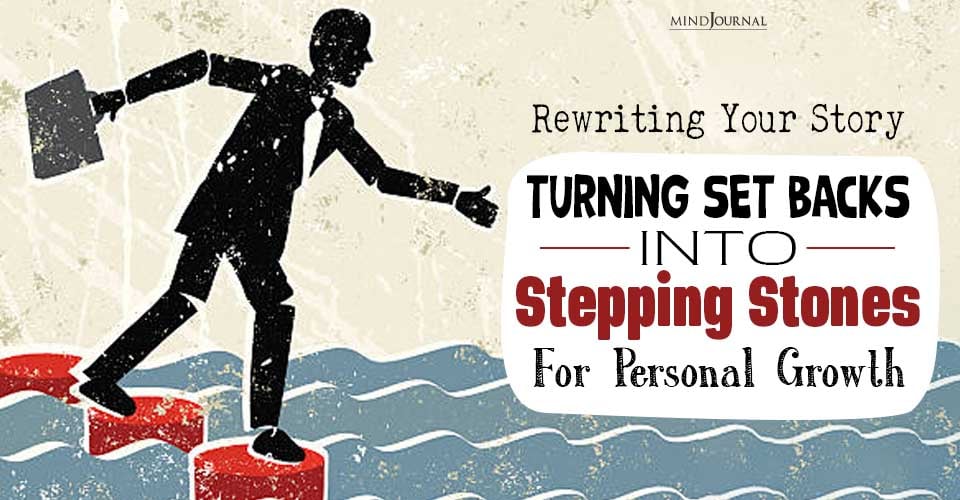
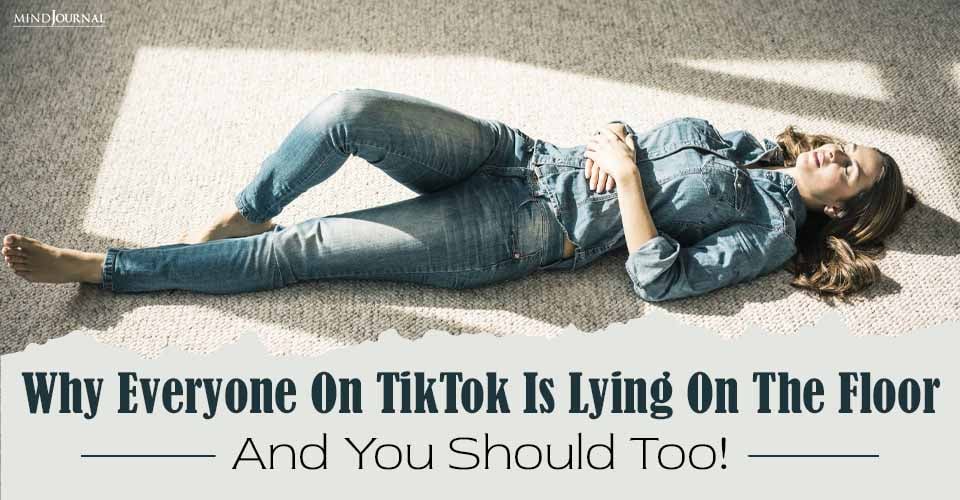
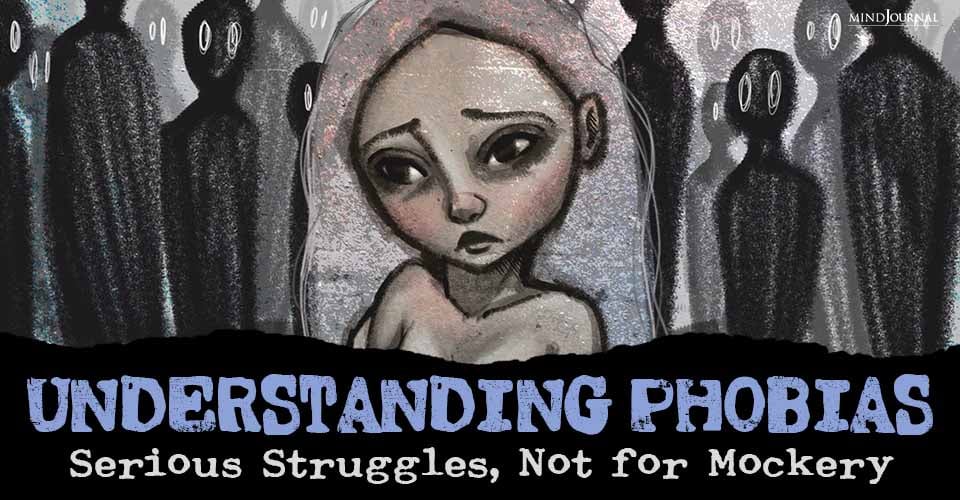
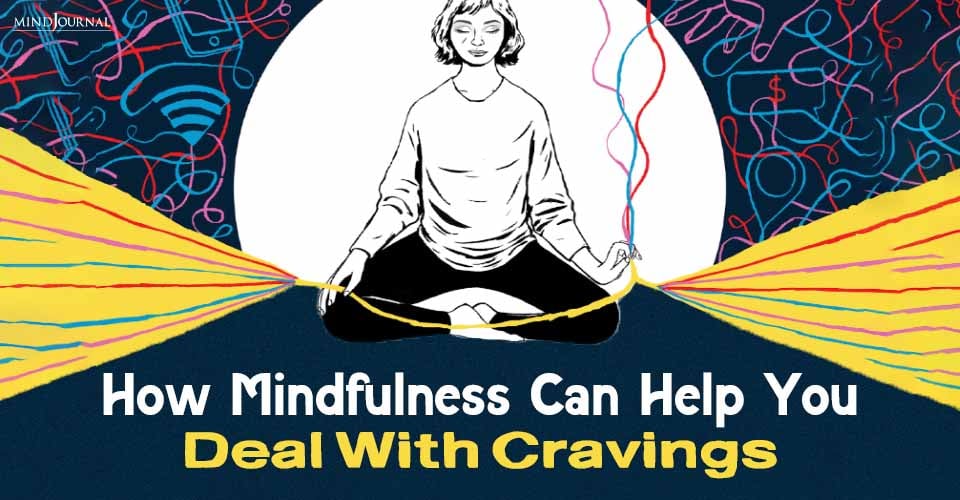

Leave a Reply